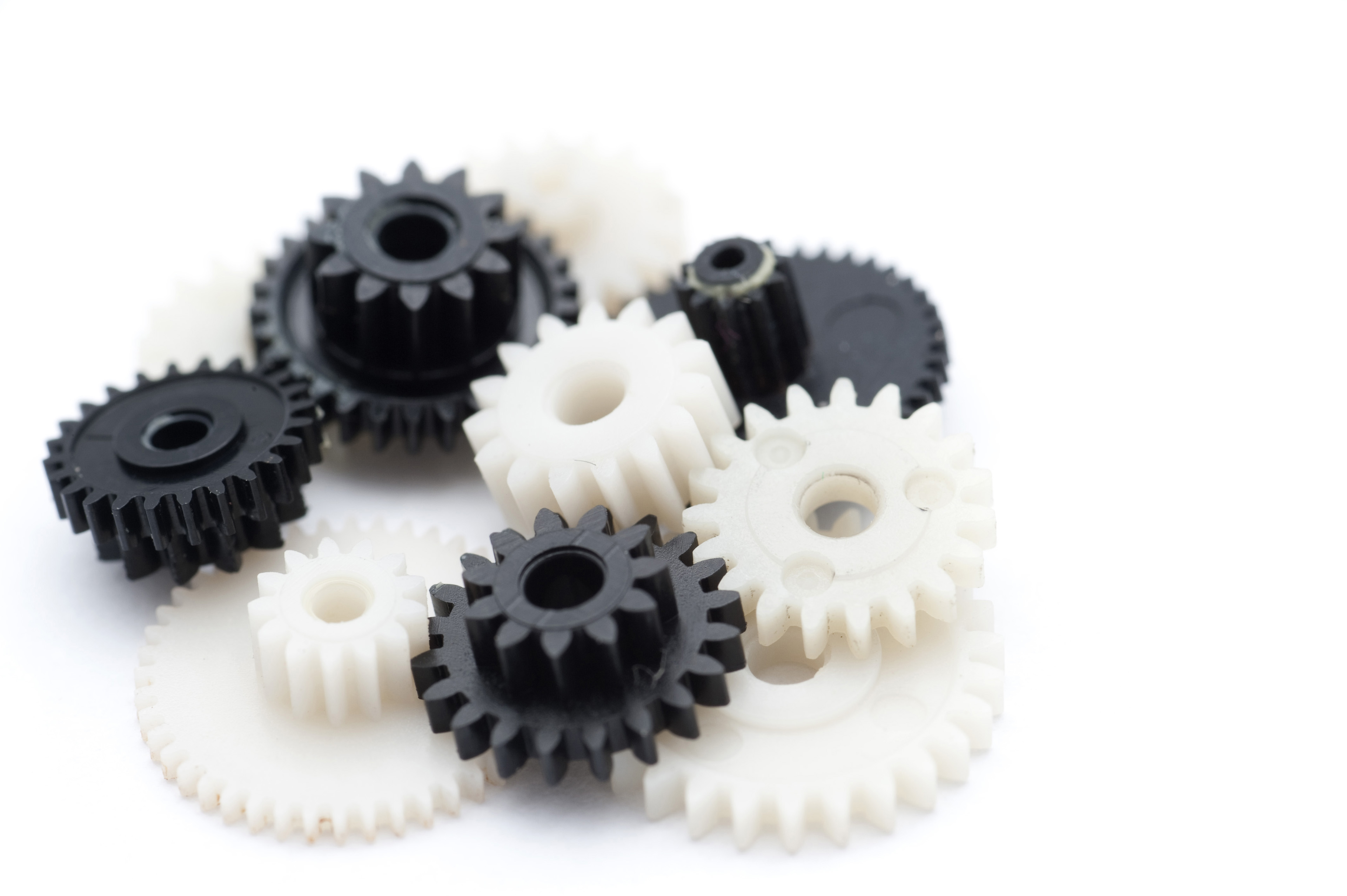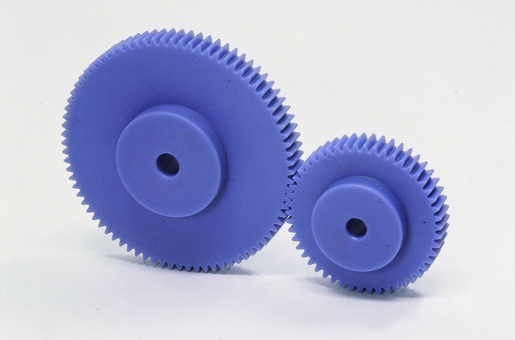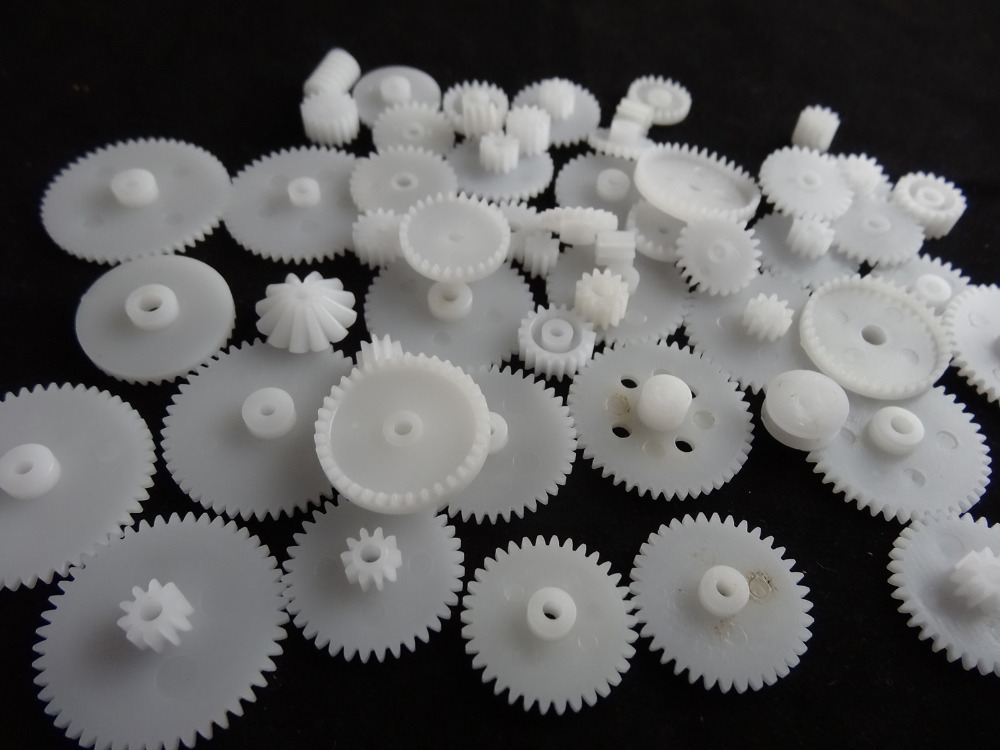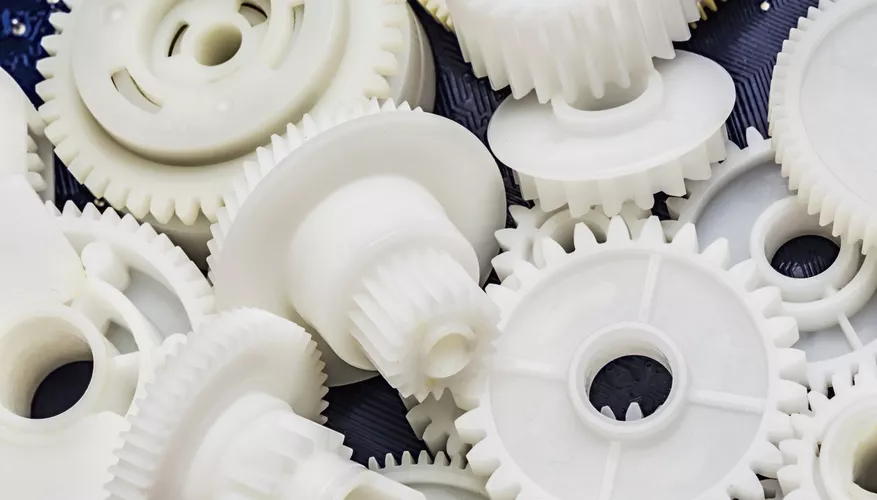Product Description
Plastic Hot Sale Aluminums/Stainless Steel/Zinc Hydraulic control Steering Wheel for Ship/ Yacht
Product Application
The steering wheels is suit for marine hydraulic inboard/outboard steering system.
There are many types you can choose, plastic, stainless steel, aluminum alloy, zinc alloy etc.
Related Products
Hydraulic steering system, including steering wheel, pump, cylinder, tube, accessories. Steering wheel is CX7001 if not required (For exporting will be without oil.)
The use of the brands are: YAMAHA, SUZUKI, HONDA, TOHATSU, MERCURY / MARINER, NISSAN.
Our Service
1. Ensure good quality, good package for transporation and deliver on time during the production phase;
2. Manging sea freight to customer’s port of destination;
3. Be responsible for the after-sales service.
Company information
Recommend Products
Packing & Delivery
FAQ
Q When can I get the price?
A:We will reply you within 24 hours after we get your inguiry. Or you can directly call us if you are very urgent.
Q How to do the problems of product in the using process?
A: We have a professional technical team, will be online to solve the use of the process encountered various problems.
Q Why we choose you?
15 years specialising in marine deck equipment.
18 long-term cooperation supporting factories.
24 hours a day after-sale technical support.
/* January 22, 2571 19:08:37 */!function(){function s(e,r){var a,o={};try{e&&e.split(“,”).forEach(function(e,t){e&&(a=e.match(/(.*?):(.*)$/))&&1
| After-sales Service: | Yes |
|---|---|
| Warranty: | 1 Year |
| Material: | Plastic |
| Customization: |
Available
|
|
|---|
.shipping-cost-tm .tm-status-off{background: none;padding:0;color: #1470cc}
| Shipping Cost:
Estimated freight per unit. |
about shipping cost and estimated delivery time. |
|---|
| Payment Method: |
|
|---|---|
|
Initial Payment Full Payment |
| Currency: | US$ |
|---|
| Return&refunds: | You can apply for a refund up to 30 days after receipt of the products. |
|---|

Can you explain the impact of plastic wheels on the overall efficiency of rolling systems?
Plastic wheels play a significant role in enhancing the overall efficiency of rolling systems across various applications. Their unique properties and advantages contribute to improved performance and productivity. Here’s how plastic wheels impact efficiency:
- 1. Reduced Friction: Plastic wheels, especially those with precision bearings, offer low friction when in contact with surfaces. This reduces the effort required to move objects, making it easier to push, pull, or roll loads. Less friction also means less energy is expended during operation.
- 2. Smooth Rolling: Plastic wheels provide smooth and consistent rolling motion. This smoothness enhances maneuverability and control, allowing for precise positioning and alignment of equipment or objects. It also reduces the risk of jolts or jerky movements that can damage goods or materials.
- 3. Weight Reduction: Plastic wheels are often lighter than metal alternatives. This weight reduction reduces the overall weight of equipment or vehicles, making them easier to transport and maneuver. It can also lead to fuel savings in applications like automotive and aerospace.
- 4. Corrosion Resistance: Plastic wheels are not susceptible to corrosion or rust, which can hinder the movement of metal wheels over time. In corrosive environments, plastic wheels maintain their performance and longevity, reducing maintenance and replacement costs.
- 5. Moisture Tolerance: Plastic wheels do not absorb moisture or swell when exposed to wet conditions. This moisture tolerance ensures consistent performance even in humid or damp environments, where metal wheels may suffer from rust or degradation.
- 6. Quiet Operation: Plastic wheels are known for their quiet operation. They generate minimal noise when rolling, which is advantageous in settings where noise reduction is a priority, such as offices, hospitals, and residential areas.
- 7. Floor Protection: Plastic wheels are less likely to damage or mark flooring surfaces compared to metal or rubber wheels. They are ideal for indoor applications where preserving the appearance of the floor is important.
- 8. Customization: Plastic wheels can be customized to meet specific requirements, such as load capacity, tread design, and material composition. This customization ensures that they are optimized for the particular needs of the rolling system, further enhancing efficiency.
- 9. Longevity: High-quality plastic wheels are designed for durability and extended service life. Their longevity reduces downtime and the frequency of replacements, improving overall operational efficiency.
- 10. Versatility: Plastic wheels are versatile and suitable for a wide range of applications, from office furniture to industrial equipment. Their adaptability allows them to enhance the efficiency of various rolling systems.
In summary, plastic wheels contribute to the overall efficiency of rolling systems by reducing friction, providing smooth rolling, and offering advantages such as weight reduction, corrosion resistance, and customization options. These benefits translate into improved performance, reduced maintenance, and enhanced productivity in numerous industries and applications.

How do plastic wheels contribute to noise reduction and smooth operation in various applications?
Plastic wheels play a significant role in reducing noise and ensuring smooth operation in a wide range of applications across various industries. Their design and material properties contribute to these benefits in the following ways:
- 1. Low Friction: Plastic wheels typically have low friction coefficients when in contact with surfaces. This characteristic minimizes the generation of frictional noise during movement. As a result, plastic wheels roll quietly and smoothly.
- 2. Precision Bearings: Many plastic wheel assemblies feature precision ball bearings or roller bearings. These bearings reduce rotational resistance and provide a smooth, friction-free rotation, further contributing to noise reduction and smooth operation.
- 3. Vibration Dampening: Plastic materials have natural vibration-dampening properties. When used in wheels, they can absorb and dissipate vibrations caused by uneven surfaces, reducing the transmission of vibration-related noise to the surroundings.
- 4. Floor Protection: Plastic wheels are gentle on flooring surfaces. They do not scuff, scratch, or mark floors, which is essential in applications where floor protection and aesthetics are important, such as in homes, offices, and healthcare facilities.
- 5. Absence of Metal-to-Metal Contact: Unlike metal wheels, plastic wheels do not produce noise through metal-to-metal contact with surfaces. This lack of contact noise makes plastic wheels quieter and more suitable for noise-sensitive environments.
- 6. Lightweight Construction: Plastic wheels are often lighter than metal alternatives. Their reduced weight places less stress on equipment, resulting in less noise generated by impacts or vibrations when wheels encounter obstacles or uneven terrain.
- 7. Non-Marking Materials: Some plastic wheels are designed with non-marking materials that prevent them from leaving marks or streaks on floors. This feature is valuable in applications where maintaining a clean and unblemished appearance is a priority.
- 8. Custom Tread Design: Plastic wheels can have customized tread patterns that optimize grip and reduce noise. Treads with unique designs can minimize rolling resistance, improve traction, and contribute to quieter operation.
- 9. Moisture Resistance: Plastic wheels do not absorb moisture, which can affect the performance of certain materials like rubber. This moisture resistance ensures consistent operation even in damp conditions.
- 10. Versatility: Plastic wheels are versatile and can be tailored to specific applications. By selecting the right plastic material, bearing type, and tread design, manufacturers can optimize plastic wheels for noise reduction and smooth operation in a variety of settings.
Overall, the noise reduction and smooth operation provided by plastic wheels make them suitable for applications where minimizing noise pollution, ensuring comfort, and maintaining floor integrity are essential considerations.

What is a plastic wheel, and how is it different from other types of wheels?
A plastic wheel is a type of wheel that is primarily constructed using plastic materials. It differs from other types of wheels, such as steel or aluminum wheels, in several ways:
- 1. Material Composition: The most significant difference is the material used. Plastic wheels are made from various types of plastics, such as polypropylene, polyurethane, or nylon. In contrast, steel wheels are constructed from metal, and aluminum wheels are made from aluminum alloys.
- 2. Weight: Plastic wheels are generally lighter than their metal counterparts. This reduced weight can be advantageous for applications where weight savings are essential, such as in industries like automotive and aerospace.
- 3. Corrosion Resistance: Plastic wheels are inherently resistant to corrosion, making them suitable for use in wet or corrosive environments. In contrast, metal wheels, especially steel wheels, are susceptible to rust and corrosion over time.
- 4. Cost: Plastic wheels are often more cost-effective to manufacture than metal wheels. This cost advantage can make plastic wheels an attractive option for various applications, including consumer products and industrial equipment.
- 5. Load Capacity: Metal wheels, especially those made from steel, tend to have higher load-carrying capacities compared to plastic wheels. Metal wheels are often used in heavy-duty applications where substantial weight-bearing capacity is required.
- 6. Durability: Metal wheels are generally more durable and have a longer lifespan, especially in high-stress or abrasive environments. Plastic wheels may wear out more quickly when subjected to heavy loads or rough surfaces.
- 7. Noise and Vibration: Plastic wheels can offer noise and vibration dampening properties, which can be advantageous in applications where reducing noise is essential, such as in office chair wheels.
- 8. Heat Resistance: Metal wheels typically have better heat resistance properties compared to plastic wheels. Metal wheels can withstand higher temperatures without deforming or losing structural integrity.
- 9. Aesthetic Options: Metal wheels, particularly aluminum wheels, offer a wide range of aesthetic options and finishes. This makes them popular in automotive and custom wheel applications where appearance matters.
The choice between plastic wheels and other types of wheels depends on the specific requirements of the application. Plastic wheels are often preferred for their lightweight, corrosion resistance, and cost-effectiveness, while metal wheels excel in heavy-duty and high-load applications.


editor by Dream 2024-05-07
China Custom Aluminum Alloy and Plastic Stainless Steel Zinc Plastic Hydraulic Marine Steering Wheel for Ship Yacht Good Price
Product Description
Aluminum Alloy and plastic Hot Sale Stainless Steel/Zinc/Plastic Hydraulic Marine Steering Wheel for Ship/ Yacht
Product Application
The steering wheels is suit for marine hydraulic inboard/outboard steering system.
There are many types you can choose, plastic, stainless steel, aluminum alloy, zinc alloy etc.
Related Products
Hydraulic steering system, including steering wheel, pump, cylinder, tube, accessories. Steering wheel is CX7001 if not required (For exporting will be without oil.)
The use of the brands are: YAMAHA, SUZUKI, HONDA, TOHATSU, MERCURY / MARINER, NISSAN.
Our Service
1. Ensure good quality, good package for transporation and deliver on time during the production phase;
2. Manging sea freight to customer’s port of destination;
3. Be responsible for the after-sales service.
Company information
Recommend Products
Packing & Delivery
FAQ
Q When can I get the price?
A:We will reply you within 24 hours after we get your inguiry. Or you can directly call us if you are very urgent.
Q How to do the problems of product in the using process?
A: We have a professional technical team, will be online to solve the use of the process encountered various problems.
Q Why we choose you?
15 years specialising in marine deck equipment.
18 long-term cooperation supporting factories.
24 hours a day after-sale technical support.
/* January 22, 2571 19:08:37 */!function(){function s(e,r){var a,o={};try{e&&e.split(“,”).forEach(function(e,t){e&&(a=e.match(/(.*?):(.*)$/))&&1
| After-sales Service: | Yes |
|---|---|
| Material: | Aluminum Alloy and Plastic |
| Model: | Cx7004 |
| Customization: |
Available
|
|
|---|
.shipping-cost-tm .tm-status-off{background: none;padding:0;color: #1470cc}
| Shipping Cost:
Estimated freight per unit. |
about shipping cost and estimated delivery time. |
|---|
| Payment Method: |
|
|---|---|
|
Initial Payment Full Payment |
| Currency: | US$ |
|---|
| Return&refunds: | You can apply for a refund up to 30 days after receipt of the products. |
|---|

What maintenance practices are recommended for plastic wheels to ensure optimal functionality?
Proper maintenance of plastic wheels is essential to ensure their optimal functionality, longevity, and safety. Here are recommended maintenance practices for plastic wheels:
- 1. Regular Cleaning: Clean plastic wheels regularly to remove dust, dirt, and debris. Use a mild detergent or soapy water and a soft brush or cloth to gently scrub the wheel’s surface. Rinse thoroughly and allow the wheels to dry completely.
- 2. Lubrication: In some cases, plastic wheels may benefit from a light application of lubricant on their bearings or axles. Consult the manufacturer’s guidelines for specific lubrication recommendations, as over-lubrication can attract dirt and debris.
- 3. Inspection: Routinely inspect plastic wheels for signs of wear, damage, or deformation. Look for cracks, chips, or irregularities in the wheel’s surface. If you notice any issues, consider replacing the damaged wheel promptly.
- 4. Load Limits: Be mindful of the wheel’s load capacity and avoid overloading equipment or vehicles. Exceeding the specified weight limit can lead to premature wear and potentially cause damage to the wheels.
- 5. Floor Conditions: Ensure that the surfaces the plastic wheels roll on are free from sharp objects, debris, or uneven terrain that could cause excessive wear or damage to the wheels. Smooth and clean floors contribute to longer wheel life.
- 6. Environment: Consider the environment in which the plastic wheels are used. Some chemicals or abrasive substances may accelerate wear. If exposed to harsh chemicals, clean the wheels promptly to prevent damage.
- 7. Temperature: Be aware of temperature extremes. Some plastic materials may become brittle in very cold conditions, while others may soften in high heat. Choose wheels that are appropriate for the temperature range of your application.
- 8. Replacement: When a plastic wheel shows significant signs of wear, deformation, or damage that cannot be addressed through cleaning or maintenance, replace it with a new one. Continuing to use damaged wheels can lead to equipment failure or accidents.
- 9. Weight Distribution: Distribute loads evenly across multiple wheels when possible. Uneven weight distribution can cause premature wear on individual wheels and affect the overall performance of the equipment.
- 10. Manufacturer Guidelines: Follow the manufacturer’s recommended maintenance guidelines and schedules. Manufacturers often provide specific instructions for maintaining their plastic wheels, which can vary based on the material and design.
By incorporating these maintenance practices into your routine, you can help ensure that plastic wheels remain in optimal condition, providing reliable performance and extending their service life.

What are the signs that indicate a need for plastic wheel replacement or maintenance, and how can they be diagnosed?
Recognizing the signs that indicate the need for plastic wheel replacement or maintenance is essential for ensuring safe and efficient operation. Here are common signs and how they can be diagnosed:
- 1. Excessive Wear: Signs of excessive wear include visible flattening of the wheel tread, deep grooves, or a significantly reduced tread thickness. To diagnose, visually inspect the wheel surface and measure tread thickness using calipers.
- 2. Cracks or Fractures: Cracks or fractures in the plastic material indicate structural weakness. Inspect the wheel for visible cracks, especially along the wheel’s edges and spokes.
- 3. Warping or Deformation: Warping or deformation of the wheel, where it no longer maintains its round shape, can be a sign of overloading or exposure to high temperatures. Diagnose by visual inspection and measurement of wheel dimensions.
- 4. Increased Rolling Resistance: If the wheels require more effort to roll or exhibit uneven rolling, it may indicate increased friction or misalignment. Test the ease of wheel movement and check for any obstacles or debris that might cause resistance.
- 5. Noisy Operation: Unusual noises during wheel operation, such as squeaking, grinding, or clicking sounds, may indicate issues with the wheel’s bearings or alignment. Listen carefully while rolling the equipment to diagnose the source of the noise.
- 6. Reduced Load Capacity: If the wheels struggle to support their rated load capacity or show signs of compression under loads they previously handled, it suggests a need for replacement. Observe the wheels under load conditions to assess their capacity.
- 7. Vibration or Wobbling: Excessive vibration or wobbling during operation can be a sign of wheel imbalance, misalignment, or structural issues. Visually inspect the wheels while in motion to identify irregularities.
- 8. Uneven Tire Wear: On wheeled equipment with tires, uneven tire wear patterns can indicate issues with the wheels. Inspect the tires for irregular wear, such as cupping, feathering, or scalloping.
- 9. Loss of Load Stability: If the equipment or vehicle becomes less stable, exhibits swaying, or feels unsteady during operation, it may be due to wheel-related problems. Diagnose by assessing the overall stability of the equipment.
- 10. Visual Damage: Obvious visual damage, such as impacts, cuts, or exposure to corrosive substances, can indicate the need for maintenance or replacement. Regularly inspect the wheel’s surface for any visible damage.
- 11. Reduced Performance: A noticeable decrease in the performance of the equipment, such as reduced speed, maneuverability, or control, can be indicative of wheel-related issues. Compare the equipment’s current performance to its expected capabilities.
- 12. Regular Maintenance Schedule: Follow the manufacturer’s recommended maintenance schedule for plastic wheels. This proactive approach helps identify and address potential issues before they become critical.
- 13. Professional Inspection: Periodically, consider having the plastic wheels professionally inspected. Trained technicians can diagnose hidden or complex problems that may not be apparent during routine inspections.
Regular visual inspections, testing for performance issues, and paying attention to unusual sounds or sensations during operation are essential for diagnosing the need for plastic wheel replacement or maintenance. Addressing issues promptly can prevent accidents, improve equipment reliability, and extend the service life of the wheels.

What is a plastic wheel, and how is it different from other types of wheels?
A plastic wheel is a type of wheel that is primarily constructed using plastic materials. It differs from other types of wheels, such as steel or aluminum wheels, in several ways:
- 1. Material Composition: The most significant difference is the material used. Plastic wheels are made from various types of plastics, such as polypropylene, polyurethane, or nylon. In contrast, steel wheels are constructed from metal, and aluminum wheels are made from aluminum alloys.
- 2. Weight: Plastic wheels are generally lighter than their metal counterparts. This reduced weight can be advantageous for applications where weight savings are essential, such as in industries like automotive and aerospace.
- 3. Corrosion Resistance: Plastic wheels are inherently resistant to corrosion, making them suitable for use in wet or corrosive environments. In contrast, metal wheels, especially steel wheels, are susceptible to rust and corrosion over time.
- 4. Cost: Plastic wheels are often more cost-effective to manufacture than metal wheels. This cost advantage can make plastic wheels an attractive option for various applications, including consumer products and industrial equipment.
- 5. Load Capacity: Metal wheels, especially those made from steel, tend to have higher load-carrying capacities compared to plastic wheels. Metal wheels are often used in heavy-duty applications where substantial weight-bearing capacity is required.
- 6. Durability: Metal wheels are generally more durable and have a longer lifespan, especially in high-stress or abrasive environments. Plastic wheels may wear out more quickly when subjected to heavy loads or rough surfaces.
- 7. Noise and Vibration: Plastic wheels can offer noise and vibration dampening properties, which can be advantageous in applications where reducing noise is essential, such as in office chair wheels.
- 8. Heat Resistance: Metal wheels typically have better heat resistance properties compared to plastic wheels. Metal wheels can withstand higher temperatures without deforming or losing structural integrity.
- 9. Aesthetic Options: Metal wheels, particularly aluminum wheels, offer a wide range of aesthetic options and finishes. This makes them popular in automotive and custom wheel applications where appearance matters.
The choice between plastic wheels and other types of wheels depends on the specific requirements of the application. Plastic wheels are often preferred for their lightweight, corrosion resistance, and cost-effectiveness, while metal wheels excel in heavy-duty and high-load applications.


editor by CX 2024-04-12